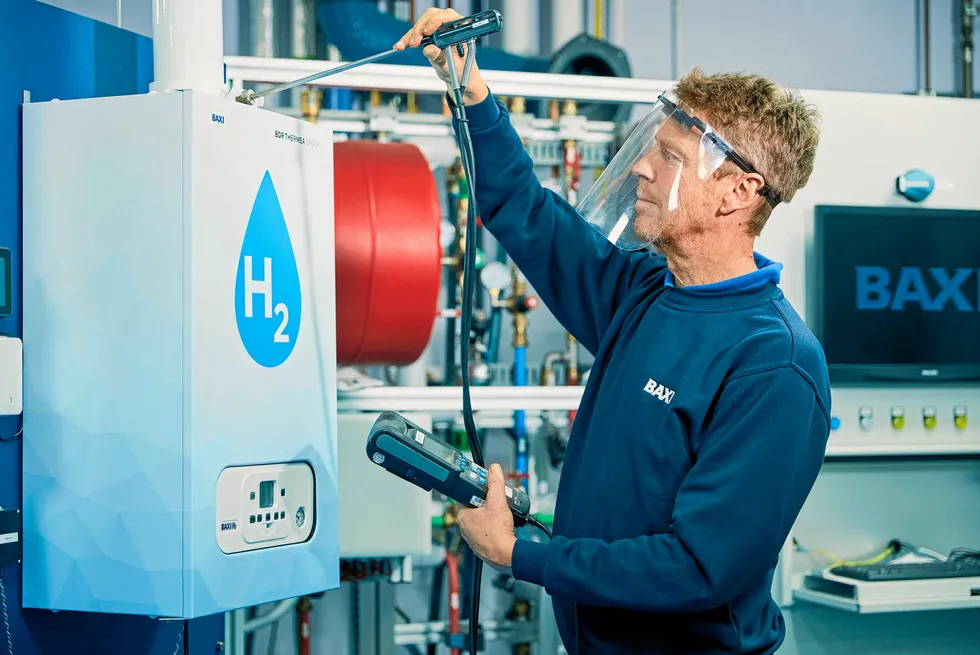EU legislators added hydrogen-ready-boiler loophole to key climate law after 'covert' meetings with gas lobbyists, says NGO coalition
Activists say they have seen leaked documents suggesting MEPs are altering EU legislation at the behest of ‘save the boiler’ fossil-fuel groups — a charge denied by the European Parliament's leading advocate for 'H2-ready' kit
